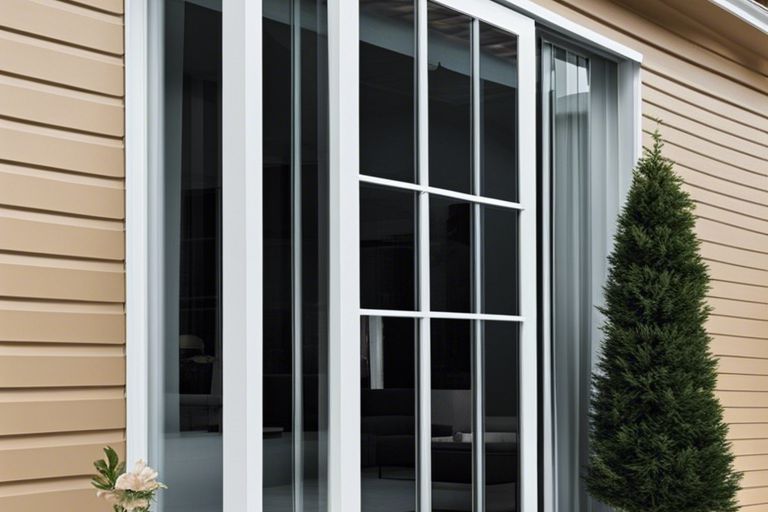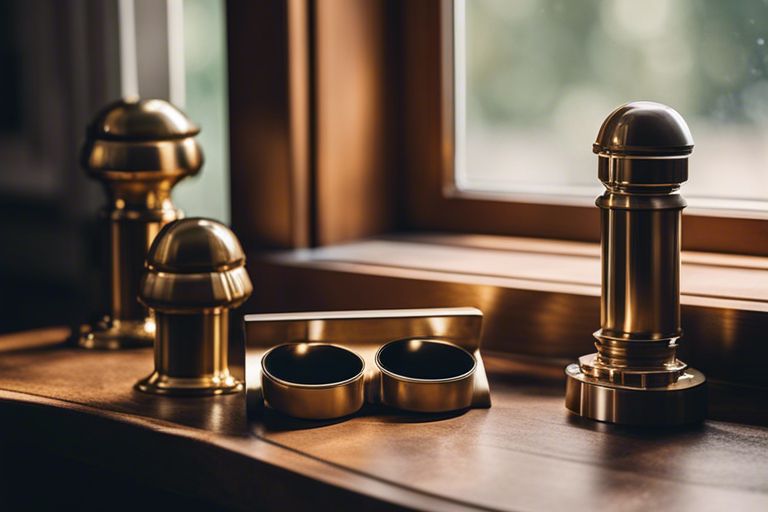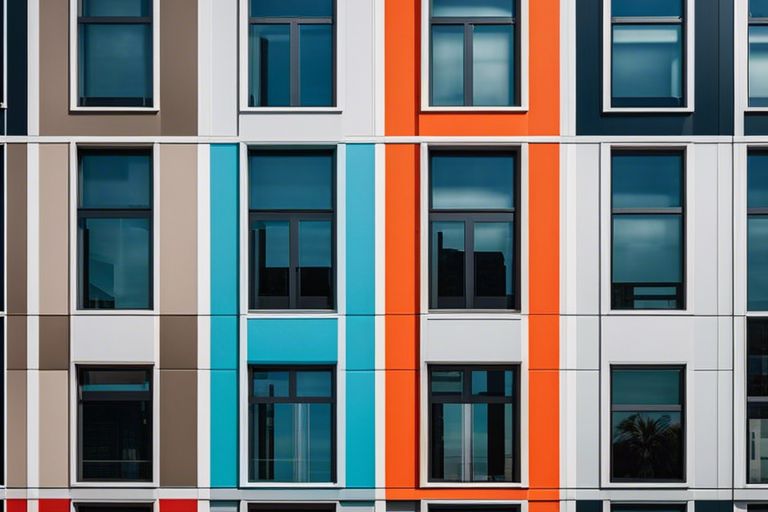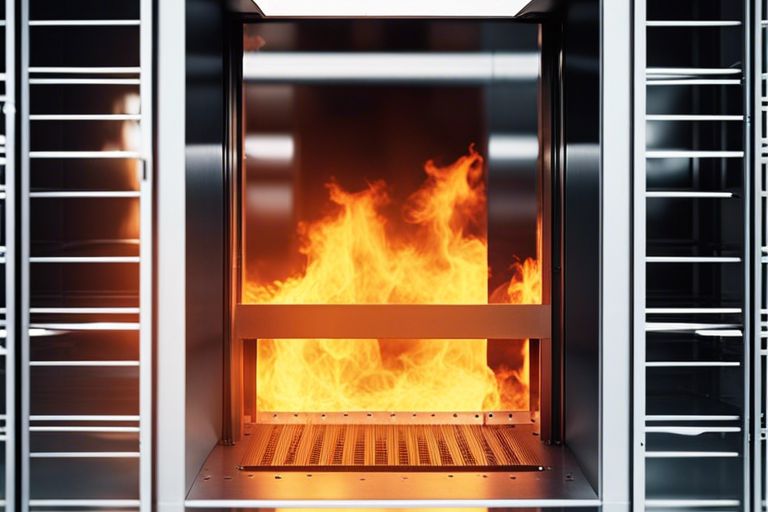Do you find yourself constantly battling with draughty aluminium windows that are causing your energy bills to soar? It’s time to take action and effectively insulate your windows to improve energy efficiency in your home. With the right insulation techniques, you can ensure that your home remains warm and comfortable during the colder months, while also reducing your energy consumption and saving money on your bills. In this how-to guide, we will walk you through the steps to effectively insulate your aluminium windows and create a more energy-efficient home. Say goodbye to draughts and hello to lower energy bills!
Key Takeaways:
- Choose the right insulation material: When insulating aluminium windows, consider using materials such as foam strips, rubber gaskets or weather stripping to effectively seal any gaps and prevent heat loss.
- Ensure proper installation: Properly installing the insulation materials is crucial to ensure they effectively improve energy efficiency. Take the time to carefully seal all gaps and joints around the window frames to prevent air leakage.
- Consider professional help: If you are unsure about the best approach to insulating your aluminium windows, consider seeking professional help to ensure the job is done correctly and effectively.
Factors Affecting Insulation of Aluminium Windows
When it comes to effectively insulating your aluminium windows, there are several key factors to consider. Understanding these factors is crucial in achieving improved energy efficiency in your home. Here are the main elements that can affect the insulation of your aluminium windows:
Understanding Thermal Transfer and Conductivity
Thermal transfer and conductivity play a significant role in the insulation of aluminium windows. Thermal transfer refers to the movement of heat through materials, while conductivity measures a material’s ability to conduct heat. Aluminium is a highly conductive material, which means it can easily transfer heat through the window frame. Understanding how thermal transfer and conductivity work is essential in selecting the most suitable insulation methods for your windows.
The Role of Window Frames and Glazing in Insulation
The type of window frame and glazing used in your aluminium windows can significantly impact their insulation. Poor quality frames and single-pane glazing can contribute to heat loss and decreased energy efficiency. Choosing high-quality, thermally broken aluminium frames and double or triple-glazed windows can greatly improve insulation and help reduce your energy consumption. Investing in the right window frames and glazing is essential for enhancing the insulation of your aluminium windows.
Identifying Areas of Heat Loss in Aluminium Windows
Knowing the areas where heat loss occurs in your aluminium windows is crucial for effectively improving their insulation. Common areas of heat loss include inefficient seals, gaps around the frame, and thin glazing. By identifying these areas, you can take targeted steps to address the issues and enhance the overall insulation of your windows.
How-to: Insulation Techniques for Aluminium Windows
When it comes to improving the energy efficiency of your home, properly insulating your aluminium windows is essential. Here are some effective techniques to help you better insulate your aluminium windows and reduce heat exchange.
Sealant and Caulking Tips for Eliminating Drafts
Inspect the seals and caulking around your aluminium windows for any gaps or cracks that may be allowing drafts to enter your home. Use a high-quality sealant to fill in any gaps between the window frame and the wall, and apply caulking around the window perimeter to eliminate drafts. Be sure to use weather-resistant sealant and caulking to ensure long-lasting insulation. After applying the sealant and caulking, check for any remaining drafts to ensure a tight seal.
Installing Weatherstripping to Reduce Heat Exchange
Another effective technique for insulating your aluminium windows is to install weatherstripping around the window sash and frame to reduce heat exchange. Choose a high-quality weatherstripping material that can withstand both extreme temperatures and regular use. Measure the dimensions of your windows carefully and cut the weatherstripping to fit, then apply it to the sash and frame. This will create a tight seal and prevent heat from escaping or entering your home.
Enhancing Insulation with Double-Glazing or Window Films
If you’re looking to further enhance the insulation of your aluminium windows, consider investing in double-glazing or applying window films. Double-glazing involves adding a second pane of glass to your windows, creating an additional barrier to heat exchange. Window films can also be applied to reduce the transfer of heat through the glass, helping to maintain a comfortable temperature inside your home. Both options provide additional insulation and can significantly improve the energy efficiency of your aluminium windows.

Additional Tips to Improve Aluminium Window Insulation
When it comes to improving the insulation of your aluminium windows, there are a few additional steps you can take to maximise energy efficiency. Consider the following tips:
- Ensure your windows are properly sealed to prevent air leakage
- Consider using double or triple glazing for enhanced insulation
- Install insulated window film to further reduce heat loss
- Address any gaps or cracks around the window frames
Though How aluminium windows reduce condensation is crucial for improving insulation, these additional tips can further enhance the energy efficiency of your aluminium windows.
Using Thermal Curtains and Window Treatments
Investing in thermal curtains and other window treatments can provide an extra layer of insulation for your aluminium windows. These products are designed to reduce heat transfer and minimise draughts, ultimately improving the energy efficiency of your home.
The Importance of Regular Maintenance and Inspection
Regular maintenance and inspection of your aluminium windows is crucial for ensuring optimal energy efficiency. By addressing any issues such as leaks or damaged seals, you can prevent heat loss and maintain a comfortable indoor environment.
Assessing the Need for Professional Insulation Services
If you find that your aluminium windows are still inefficient despite taking all the necessary steps, it may be time to consider professional insulation services. A qualified insulation specialist can assess your windows and provide custom solutions to improve their energy efficiency.

Conclusion
Taking this into account, it is important for you to ensure that your aluminium windows are effectively insulated in order to improve the energy efficiency of your home. By using weather stripping, caulking, and installing thermal curtains or blinds, you can prevent heat loss and reduce drafts, ultimately lowering your energy bills. Additionally, considering the use of double-glazed or thermal break aluminium windows can also significantly contribute to improving the insulation of your home. With proper insulation, you can create a more comfortable living environment while also reducing your carbon footprint and energy expenses.
FAQ
Q: Why is it important to insulate aluminium windows for energy efficiency?
A: Insulating aluminium windows helps to prevent heat loss and reduce energy consumption, leading to lower heating bills and a more sustainable home.
Q: What are the most effective methods to insulate aluminium windows?
A: Some effective methods include using weather-stripping around the window frame, applying window film, and installing thermal curtains or blinds.
Q: Can I use caulk to insulate aluminium windows?
A: Yes, applying caulk around the edges of aluminium windows can help to seal any gaps and prevent drafts, improving energy efficiency.
Q: Is double glazing a good option for insulating aluminium windows?
A: Yes, installing double glazing, which consists of two panes of glass with a gap in between, can greatly improve the insulation of aluminium windows.
Q: How can I reduce condensation on insulated aluminium windows?
A: To reduce condensation, ensure that the area around the window is well-ventilated and use a dehumidifier if necessary. Additionally, consider using insulated window coverings to regulate temperature and humidity.
Q: Are there any DIY methods for insulating aluminium windows?
A: Yes, DIY methods include using draft stoppers at the bottom of the window, applying insulating window film, and using bubble wrap as a temporary insulation solution.
Q: Will insulated aluminium windows increase the value of my home?
A: Yes, improving the energy efficiency of your home by insulating aluminium windows can increase its value, as potential buyers are often attracted to homes with lower energy costs and reduced environmental impact.






